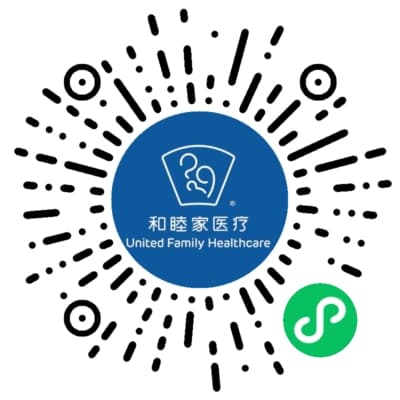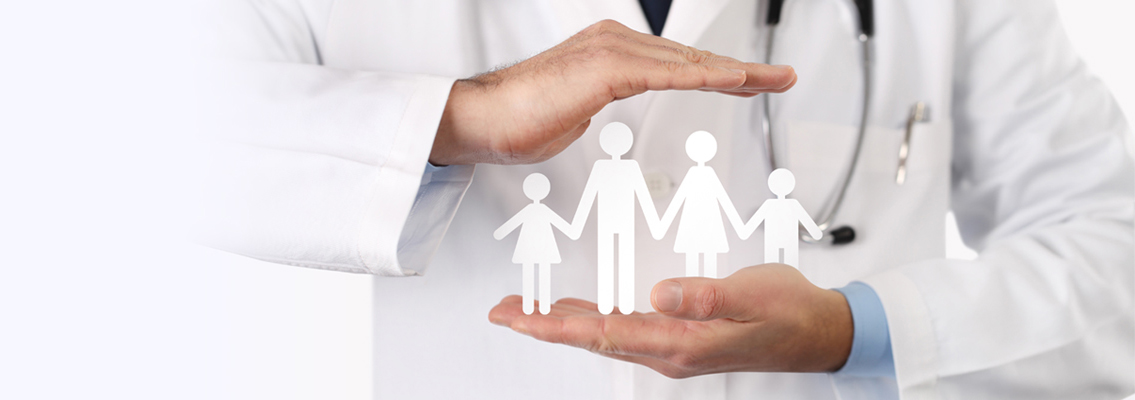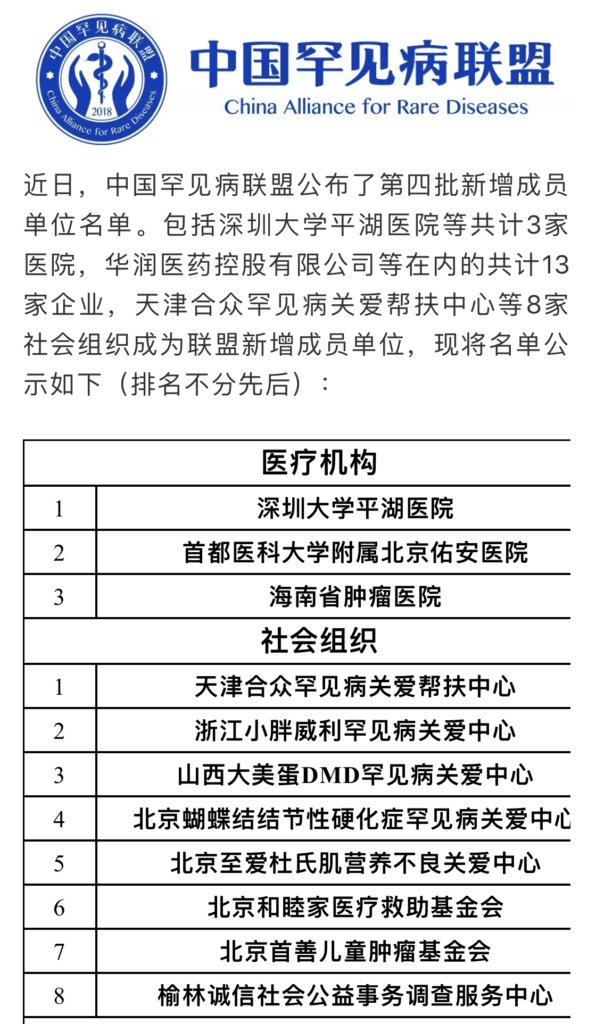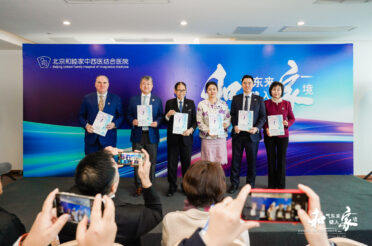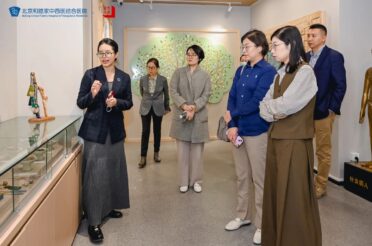On September 30, 2020, China Alliance for Rare Diseases (CARD) announced the list for their fourth batch of new members. Beijing United Foundation for China’s Health, together with other NGOs, enterprises and medical institutions, was among the list.
Approved by the Medical Administration of the National Health Commission of China and jointly initiated by Peking Union Medical College Hospital, PhiRDA, the Chinese Medical Association, the Chinese Hospital Association and the Chinese Research Hospital Association, CARD consists of over 200 medical institutes, universities, colleges, research institutes and enterprises specializing in treatment of rare diseases. As an open platform for promoting the development of medical services for rare diseases, the alliance aims to “learn about knowledge about rare diseases and care for patients with rare disease”.
(Source: 中国罕见病联盟 Wechat Public Account)
As a member of CARD, Beijing UFCH is obliged to achieve the aim of the alliance. To this end, we, in collaboration with Beijing United Family Hospital (BJU), have offered MDT (Multi- Disciplinary Team) charity consultation (including online subsequent visit) services.
Question 1. What rare diseases are covered by the MDT consultation services of Beijing UFCH and BJU?
Answer: On the basis of the catalogue of 120-plus rare diseases released by the Chinese government, we have sorted out the following rare diseases on account of the comprehensive strengths of BJU, particularly its Department of Internal Medicine and the Department of Pathology.
| BJU Internal Medicine MDT Diseases – A list of rare diseases | ||
| Department of Respiratory Medicine
|
1) | Langerhans cell histiocytosis |
| 2) | IPAH | |
| 3) | IPF | |
| Department of Gastroenterology
|
1) | Hepatolenticular degeneration |
| 2) | IgG4-related diseases | |
| 3) | Porphyria | |
| 4) | Peutz-Jeghers syndrome | |
| Department of Nephrology
|
1) | POEMS syndrome |
| 2) | Primary light chain amyloidosis | |
| Department of endocrinology
|
1) | 21-hydroxyulase deficiency |
| 2) | Autoimmune hypophysitis | |
| 3) | TBIR | |
| 4) | Congenital adrenal hypoplasia | |
| 5) | Idiopathic hypogonadotrophic sexsual hypofunction | |
| 6) | Kallmann syndrome | |
| 7) | McCune-Albrigh syndrome | |
| Department of hematology
|
1) | Hemophilia |
| 2) | Sickle-cell anemia | |
| Department of rheumatology, immunity and allergic reaction
|
1) | IgG4-related diseases |
| 2) | Neuromyelitis optica | |
| 3) | Systemic sclerosis | |
| 4) | Hereditaryangioedema | |
| 5) | FMF | |
Question 2: Who is paying the bill?
Answer: United Family Charitable Fund
To fulfil its social responsibilities, United Family Healthcare donates 1% of its operating revenue every year to provide medical services for orphaned and disabled children, migrant populations, patients with rare diseases and people in need. Since the establishment of its first hospital in Beijing in 1997, United Family Healthcare has provided medical services amounting to RMB150 million and has given assistance to over 20,000 people as of the end of 2019.
Established in 2012, the United Family Charitable Fund is donated by United Family Healthcare and is affiliated to the Designated Fund Management Department of the Overseas Chinese Charity Foundation of China. Currently, it is in the charge of the Beijing UFCH.
Question 3. How to apply?
Answer: Please see the introduction to the “United Family Charitable Fund” for details.
(a) Beneficiaries of medical assistance:
- Orphans/child patients of financially challenged family (0-18 years)
- The disabled
- Migrant population
- Adults of financially challenged families/ regions
- Patients with rare diseases
(b) Medical service included: MDT consultation services (including online subsequent visits) related to rare diseases, among others.
(c) Medical service procedures:
- Application submission from the patient:
If the applicant is an orphan, the charity house/sponsorship agency he/she lives at shall submit the completed application form, the copy of the household registration booklet and the copy of the certificate of orphan hood.
If the applicant is a patient from financially challenged family, he/she, or his/her charity partner or guardian shall submit the completed application form, and the copy of the poverty certificate issued by the village/neighborhood committee.
- Beijing UFCH checks the submitted materials and signs an assistance agreement with those whose materials have passed.
- Beijing UFCH offers medical services and makes subsequent visits.
(d) Cooperative hospitals and clinics:
Beijing United Family Hospital and Clinics (2 Jiangtai Road, Chaoyang District, Beijing)
United Family Jianguomen Clinic (Jianwai Diplomatic Residence Compound, Chaoyang District, Beijing)
United Family Liangma Clinic (Grand Summit, Dongfang East Road, Chaoyang District, Beijing)
United Family Wudaokou Clinic (Building D, Tsinghua Tongfang Hi-Tech Plaza, Wangzhuang Road, Haidian District, Beijing)
24h Service Center: 4008 919191


